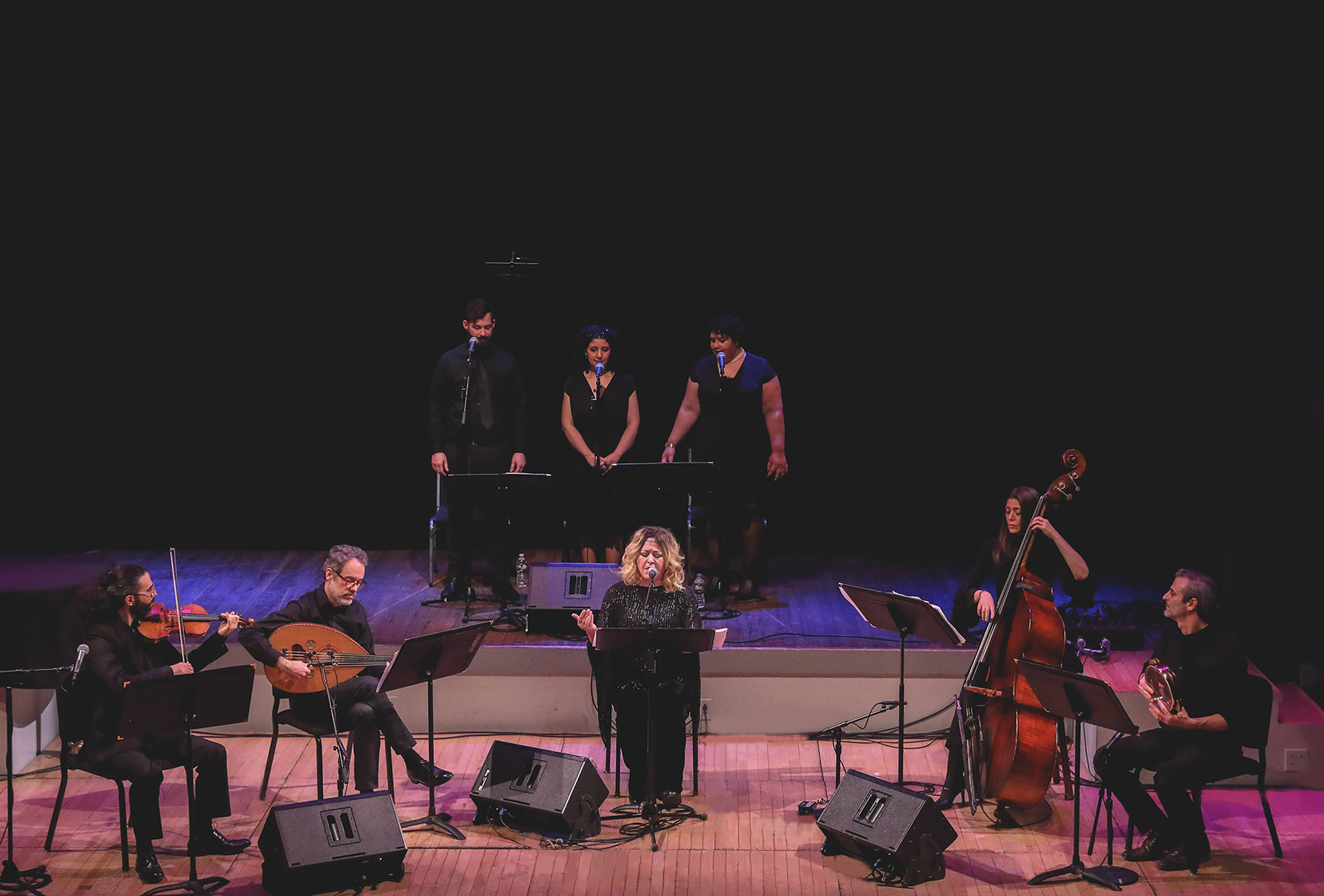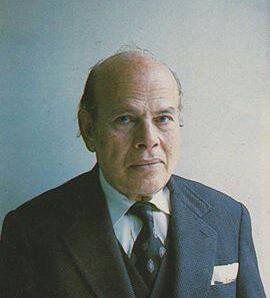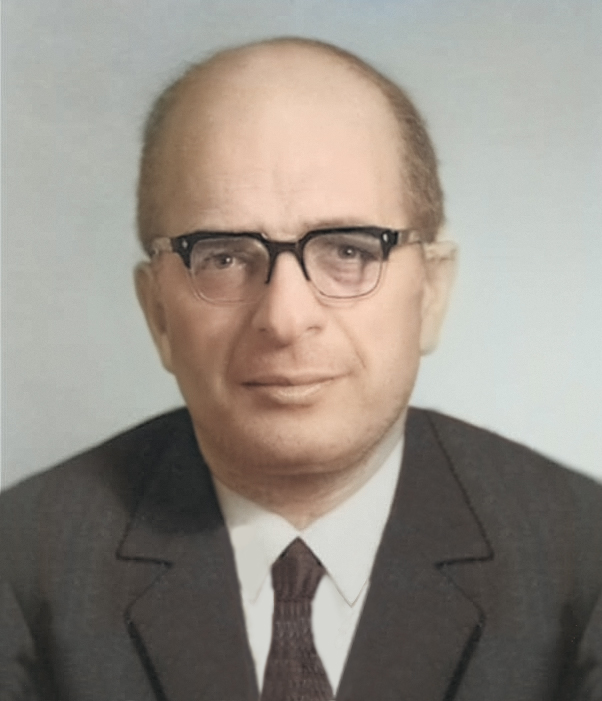Majdi al-’Aqili is celebrated as one of Aleppo's most renowned composers. His passion for music blossomed during his secondary school years, where he studied the oud under Bakri Kurdi and delved into traditional music with Ali Darwish and Omar al-Batsh, despite facing objections from his father. His musical journey in the 1930s was both diverse and innovative. In 1935, he invented the gankaran, a seven-stringed instrument similar to the oud that could also be bowed. The following year, he traveled to Italy to study Western classical music theory, returning to Aleppo in 1939 to begin his teaching career in local schools.
In 1942, al-’Aqili received an invitation to Jordan to train the army band, where he stayed for two years before returning to Aleppo to continue his educational efforts. A dedicated educator, he later became the director of the Oriental Music Institute in Damascus, serving from 1956 until its closure in 1959.
His career in radio took off in 1947 when he moved to Damascus and played a pivotal role in establishing Syrian Radio. By 1955, he had become the director of Aleppo Radio and, in 1962, served as an advisory member of the General Organization of Radio and Television.
In addition to his contributions in performance and education, al-’Aqili was a prolific author and composer. He wrote several influential books on music, including The Language of String (1940), The Language of Music (1950), Arab National Songs (1951), Music and Songs of Childhood (1952), Al-Kindi (1964), and Arab Listening (1969). As a composer, he wrote 25 muwashahat, one of which will be featured in today’s concert: “Ayyuha al-Saqi,” composed in 1948 from a poetry written by Ibn Zuhr (1094-1162) of Seville, medieval Andalusia.



